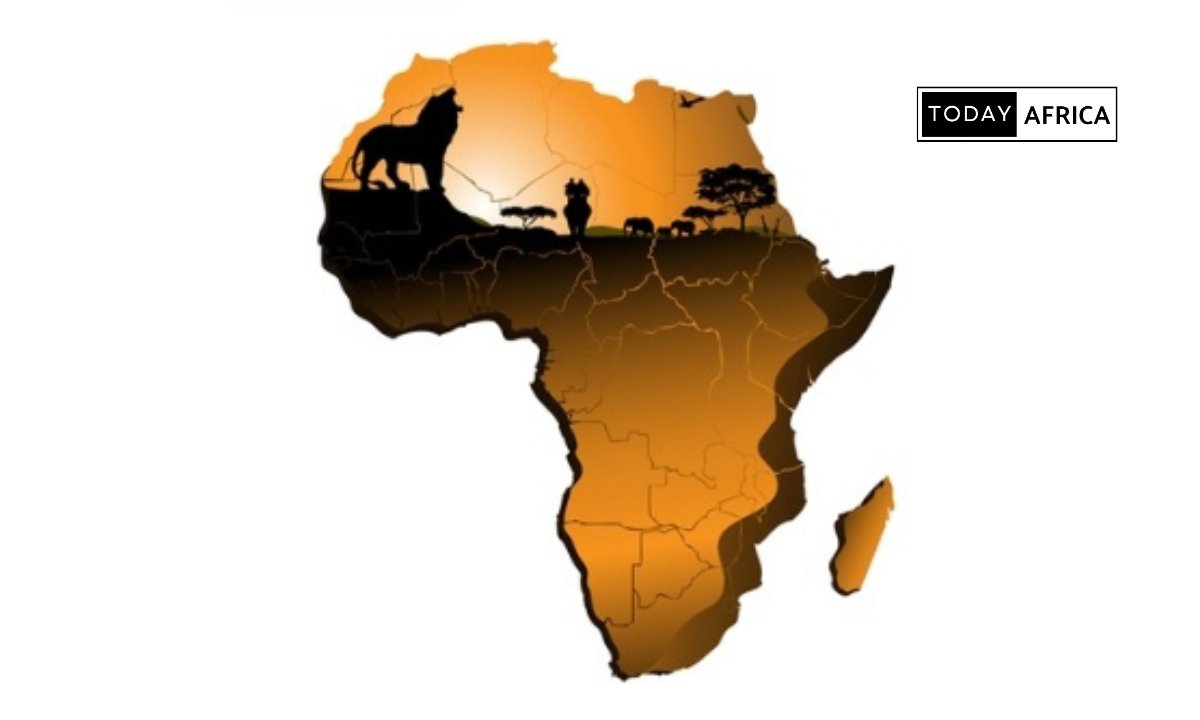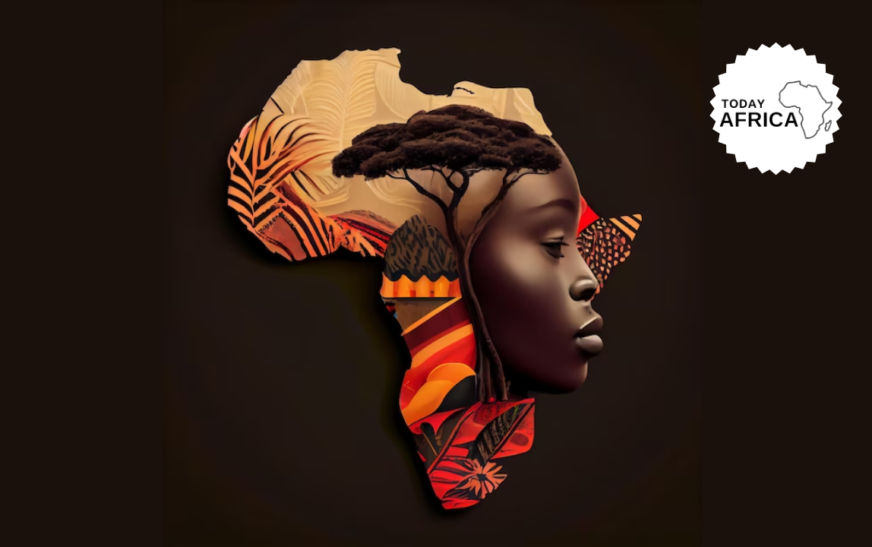Ambitious founders are proving that Africa is more than just a market—it’s a launchpad for bold, world-class solutions.
Yet, building a product in Africa is not without its challenges. Local startups often face infrastructure gaps, funding hurdles, and talent shortages, especially in specialized engineering roles.
But here’s the twist: African innovators are increasingly blending local market knowledge with global engineering talent to create products that scale both at home and abroad.
In this article, we’ll explore how to build a product in Africa with global engineering talent—why it matters and how successful startups are already leveraging international expertise to solve uniquely African problems.
Why Building a Product in Africa Matters
Africa’s untapped market potential
Africa is home to 1.4 billion people, a young and fast-growing population, and an increasingly digital-first mindset. By 2050, one in four people on the planet will be African, creating an enormous consumer base.
But what makes Africa truly unique is its ability to leapfrog. While many regions developed through incremental innovation, Africa often skips stages of technological development:
- Mobile banking bypassed traditional banking infrastructure.
- E-commerce evolved without widespread credit card penetration, relying instead on mobile money.
- Renewable energy is advancing as many communities move directly to solar and micro-grids without heavy reliance on fossil fuels.
This leapfrogging makes Africa an exciting environment for digital-first solutions built from scratch.
The rise of African startups
The ecosystem is gaining global recognition:
- In 2019, African startups raised about $1.3 billion.
- By 2021, that number had quadrupled to $4.9 billion.
- Despite global VC slowdowns in 2023–2025, Africa continues to attract capital, particularly in fintech, logistics, and healthtech.
Companies like Flutterwave (Nigeria), M-KOPA (Kenya), and Yoco (South Africa) are proof that Africa can produce global-scale companies with regional impact.
For entrepreneurs, this trend signals that building a product in Africa is not only viable but increasingly urgent.
See Also: 15 Online Tutoring Jobs in Kenya This Year
Challenge: Local Gaps in Engineering Talent
Why engineering talent matters
Ideas may spark businesses, but it’s engineering talent that turns vision into reality.
Engineering teams shape user experience, product scalability, and security—the difference between a product that grows and one that collapses under demand.
Consider fintech: a brilliant idea for financial inclusion means little if the backend system can’t handle millions of transactions or isn’t compliant with global security standards.
Africa’s talent space
Africa has one of the world’s largest pools of young people—over 60% of the population is under 25. Every year, millions graduate from universities and coding bootcamps. Yet, the continent still faces:
- Shortages of senior-level engineers: Many developers have entry-level skills but lack experience in scaling products.
- Brain drain: Talented engineers are recruited abroad or work remotely for international companies, leaving local startups struggling to compete.
- Specialized gaps: Expertise in advanced areas like AI, data science, robotics, and cybersecurity remains scarce.
This creates a paradox: a young, eager workforce exists, but not enough with the expertise needed for global-scale products.

Solution: Leveraging Global Engineering Talent
Building hybrid teams
African startups are turning to hybrid models—combining local and global expertise. In these setups:
- Local teams ensure the product fits cultural, linguistic, and economic contexts.
- Global engineers bring in advanced technical expertise, scalability insights, and cutting-edge practices.
This dual approach prevents the common pitfall of “foreign-built” products that fail locally, while avoiding the risk of underdeveloped infrastructure.
Remote work as a game-changer
The global pandemic normalized remote collaboration. Today, African startups can:
- Hire blockchain developers in Eastern Europe, AI experts in India, or UX designers in Latin America.
- Use global collaboration tools (Slack, Jira, GitHub, Figma) to manage projects seamlessly.
- Employ platforms like Deel or Remote.com for cross-border hiring and compliance.
This evolution has unlocked possibilities that were unimaginable even a decade ago.
Knowledge transfer benefits
Global collaborations don’t just solve immediate skill shortages—they create opportunities for knowledge transfer.
When African engineers work alongside seasoned global developers, they gain exposure to advanced frameworks, agile methodologies, and DevOps practices.
Over time, this strengthens Africa’s local talent pool.
Read Also: How Founders Can Build an Investor-ready Data Room
Case Studies
1. Andela
Founded in 2014, Andela pioneered a model connecting African software developers with global companies. While it initially focused on exporting African talent, Andela highlighted two things:
- African developers can compete globally.
- Distributed teams can work seamlessly across continents.
This inspired African founders to consider the reverse—importing international expertise to strengthen local products.
2. Zipline
Zipline’s story shows the power of blending global engineering with African needs. The company’s drones were developed by aerospace engineers in Silicon Valley, but its biggest success came from deploying them in Rwanda and Ghana to deliver critical medical supplies.
Without global robotics expertise, the drones may not have existed. Without African partnerships, the technology would have lacked real-world application. Together, it became a life-saving solution.
3. Flutterwave
When Flutterwave was founded, Africa’s payments landscape was fragmented.
The company tapped international engineers to build API-driven infrastructure capable of handling billions of dollars in transactions across multiple regulatory environments.
By leveraging global expertise in cybersecurity and compliance, Flutterwave was able to scale beyond Africa and serve international businesses like Uber.
These stories illustrate that the sweet spot is global engineering standards combined with the African context.
How to Build a Product in Africa With Global Engineering Talent
Step 1: Define local problems clearly
The best African products emerge from clear problem definitions. Before hiring global engineers, founders must articulate:
- Who is the target customer?
- What pain points are unique to the African context?
- How will the product improve daily life?
A vague problem leads to misaligned solutions, even if the engineers are world-class.
Step 2: Partner with the right engineers
Technical expertise is important, but cultural empathy is equally critical. An engineer must be willing to adapt solutions to Africa’s realities—for example, optimizing for low-bandwidth environments or integrating with mobile money systems rather than traditional banking APIs.
Step 3: Build cultural and communication bridges
Cross-border teams face challenges:
- Time zones can delay decision-making.
- Language differences may cause miscommunication.
- Work cultures vary widely.
To overcome this, startups should adopt:
- Clear documentation (Notion, Confluence).
- Regular video check-ins.
- Defined processes for sprint planning and feedback loops.
Step 4: Protect intellectual property and compliance
Global teams introduce legal complexity. Startups must ensure:
- Contracts cover IP rights.
- Compliance with both African and international regulations (e.g., GDPR for data).
- Secure onboarding/offboarding of engineers.
Step 5: Blend local execution with global standards
The end goal is products that feel African but perform globally. For example, mobile-first design is crucial for African users, but the underlying architecture should be scalable to global levels.
See Also: How to Master Unit Economics in Low-margin African Businesses
Opportunities in Key Sectors
Fintech
With 57% of Africans still unbanked, fintech is a natural frontier. Global engineers skilled in payment infrastructure, fraud detection, and blockchain can help African fintechs build trustworthy, secure platforms.
Example: Flutterwave’s collaboration with global compliance experts enabled it to serve both African SMEs and multinational corporations.
Healthtech
Africa has one doctor for every 5,000 people on average, compared to the global average of 1:600. Healthtech solutions like telemedicine and AI diagnostics can bridge this gap, but they require advanced technical know-how.
Example: Zipline’s drones relied on global robotics engineers, while African teams managed deployment, logistics, and integration with health ministries.
Renewable energy
Africa has abundant natural resources but limited grid infrastructure. Startups are combining local distribution knowledge with global expertise in solar panel engineering, microgrid management, and energy storage to provide sustainable power.
Example: M-KOPA (Kenya) leverages global solar technology while building a business model tailored to African households.
Logistics & e-commerce
Africa’s logistics is fragmented across informal systems. Global expertise in supply chain optimization and routing algorithms can help startups build scalable solutions.
Example: Kobo360 combines local trucking networks with global-grade logistics algorithms to optimize delivery efficiency.

Africa as a Hub for Global Collaboration
Africa’s digital economy is projected to be worth $712 billion by 2030. To achieve this, collaboration between African entrepreneurs and global engineering talent will be crucial.
But the future isn’t just about importing talent—it’s also about building Africa’s own engineering excellence.
Programs like ALX, Decagon, and Moringa School are training developers at scale. Governments are investing in STEM education, and multinational firms are opening R&D hubs in cities like Nairobi, Lagos, and Kigali.
The result will be an Africa that not only consumes global expertise but exports innovation back to the world.
Read Also: Ideas, Cheques & Capital: Bridging the Distance Between Dreams and Deals
Conclusion
Building a product in Africa comes with unique challenges—but also unmatched opportunities. The secret lies in blending local insights with global engineering talent.
- Local founders understand the cultural nuances, market needs, and distribution challenges.
- Global engineers bring deep technical expertise, scalability knowledge, and world-class standards.
- Together, they can create products that solve African problems today and stand shoulder-to-shoulder with global competitors tomorrow.
If you’re an entrepreneur, now is the time to:
- Identify pressing local problems.
- Build hybrid teams that combine local and global strengths.
- Develop products that meet African needs with global standards.
At Today Africa, we spotlight the entrepreneurs and innovators doing exactly that. Subscribe to our newsletter to get more stories, insights, and strategies on building great products from Africa.
FAQs
Why should African startups collaborate with global engineers?
Because global engineers bring specialized expertise—like AI, blockchain, or cybersecurity—that may be scarce locally, helping African startups build scalable, world-class products.
Isn’t hiring global engineers too expensive for African startups?
Not necessarily. Remote work has made global talent more accessible, and many startups use a mix of local and international talent to balance costs.
What are the risks of working with global engineering teams?
The main risks are communication barriers, cultural differences, and IP protection issues. These can be managed with clear contracts, tools, and cross-cultural training.
Can Africa produce enough of its own engineering talent?
Yes, but it will take time. Training programs, bootcamps, and universities are making progress. In the meantime, global collaboration helps fill urgent gaps.
What sectors in Africa benefit most from global engineering talent?
Fintech, healthtech, renewable energy, logistics, and e-commerce are the top sectors where combining local insights with global expertise drives major impact.
Leave a comment and follow us on social media for more tips:
- Facebook: Today Africa
- Instagram: Today Africa
- Twitter: Today Africa
- LinkedIn: Today Africa
- YouTube: Today Africa Studio
















